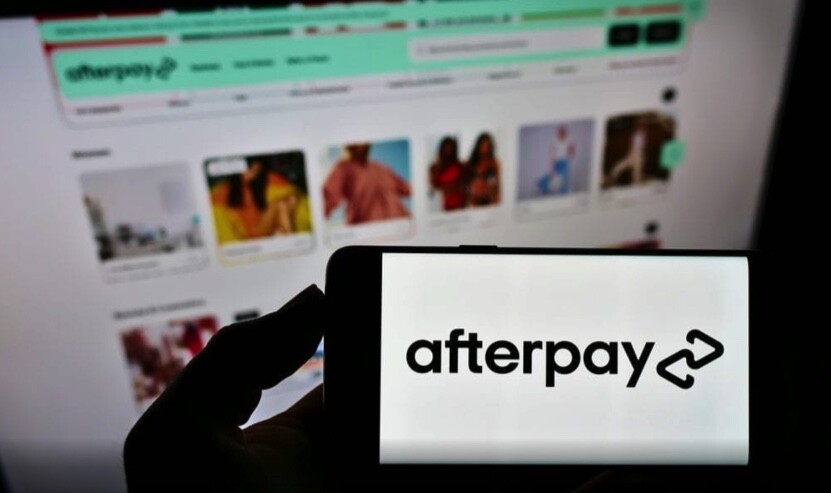Want unlimited access to top ideas and insights?
The most active year yet for
Announced deals totaled $348.5 billion in 2021, according to FT Partners, an investment banking firm focused on financial technology. This was partially driven by a record number of exits in 2021, which left venture capitalists flush with cash that they could recycle back into fintechs, as well as record levels of funding, with U.S. fintechs raising $50 billion in 2021 — more than twice what they raised in 2020.
Fintechs are motivated to engage in M&A for several reasons, including broadening the services they offer, overtaking the competition, or covering more geographic territory.
“We had a number of fintechs in single-product areas that have matured into more fulsome platforms or businesses, so now they are at a scale where M&A makes sense,” said Sara Elinson, fintech and payments mergers-and-acquisitions leader at EY Americas. “As they want to add additional products or capabilities they are in the same position as some of the incumbents where it is quicker to go out and buy.”
Here is a deeper look at five trends underlying fintech M&A.











